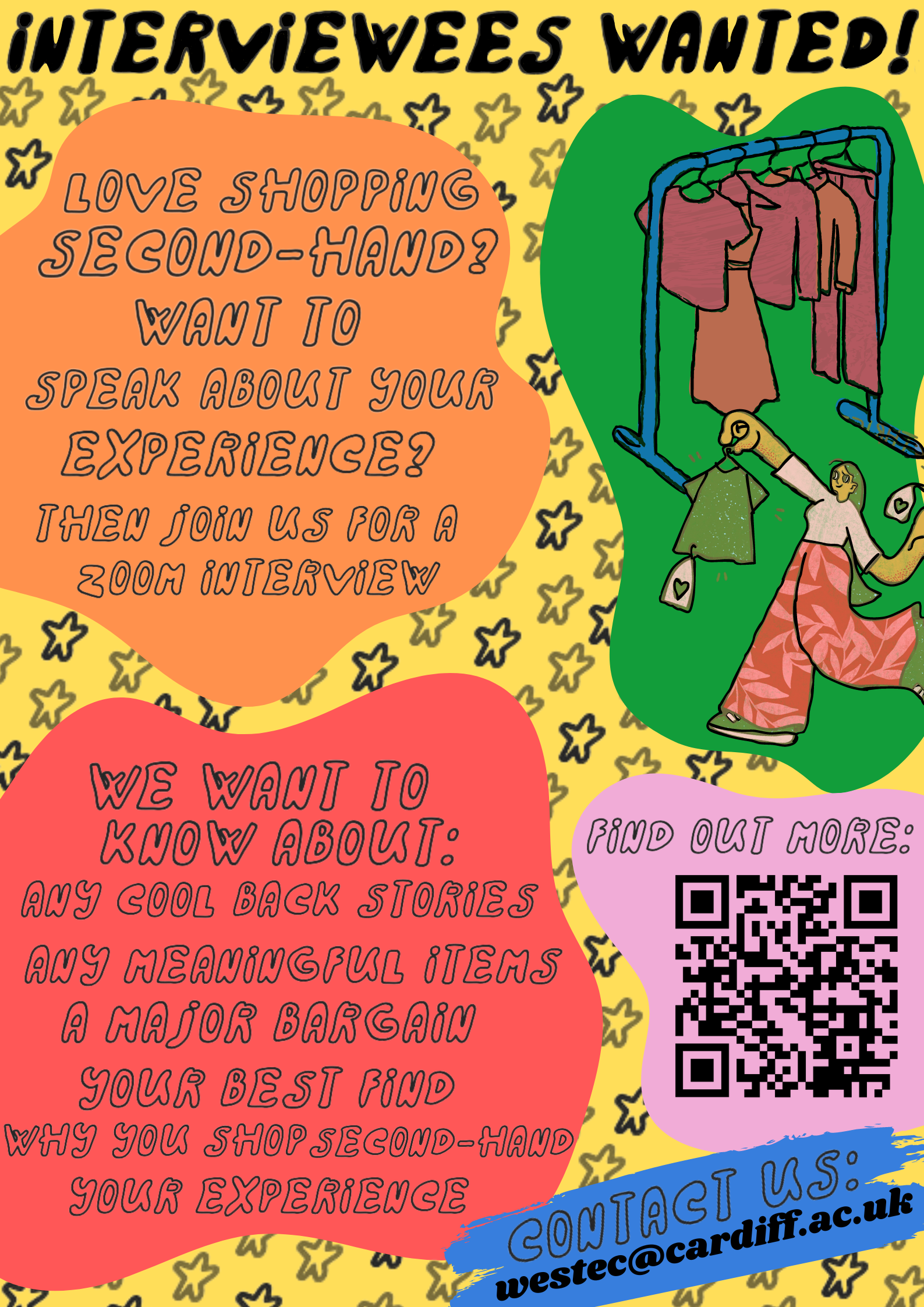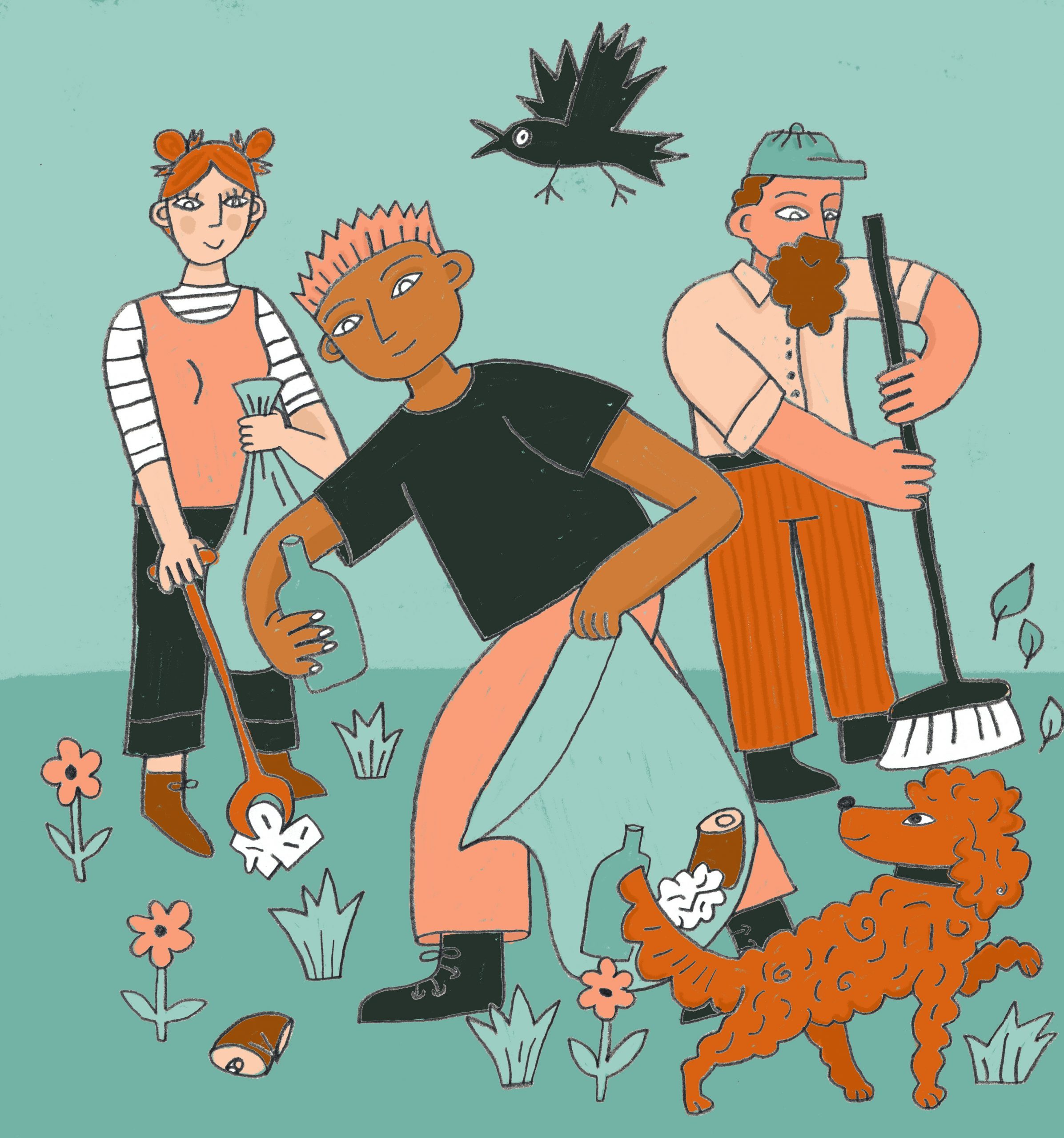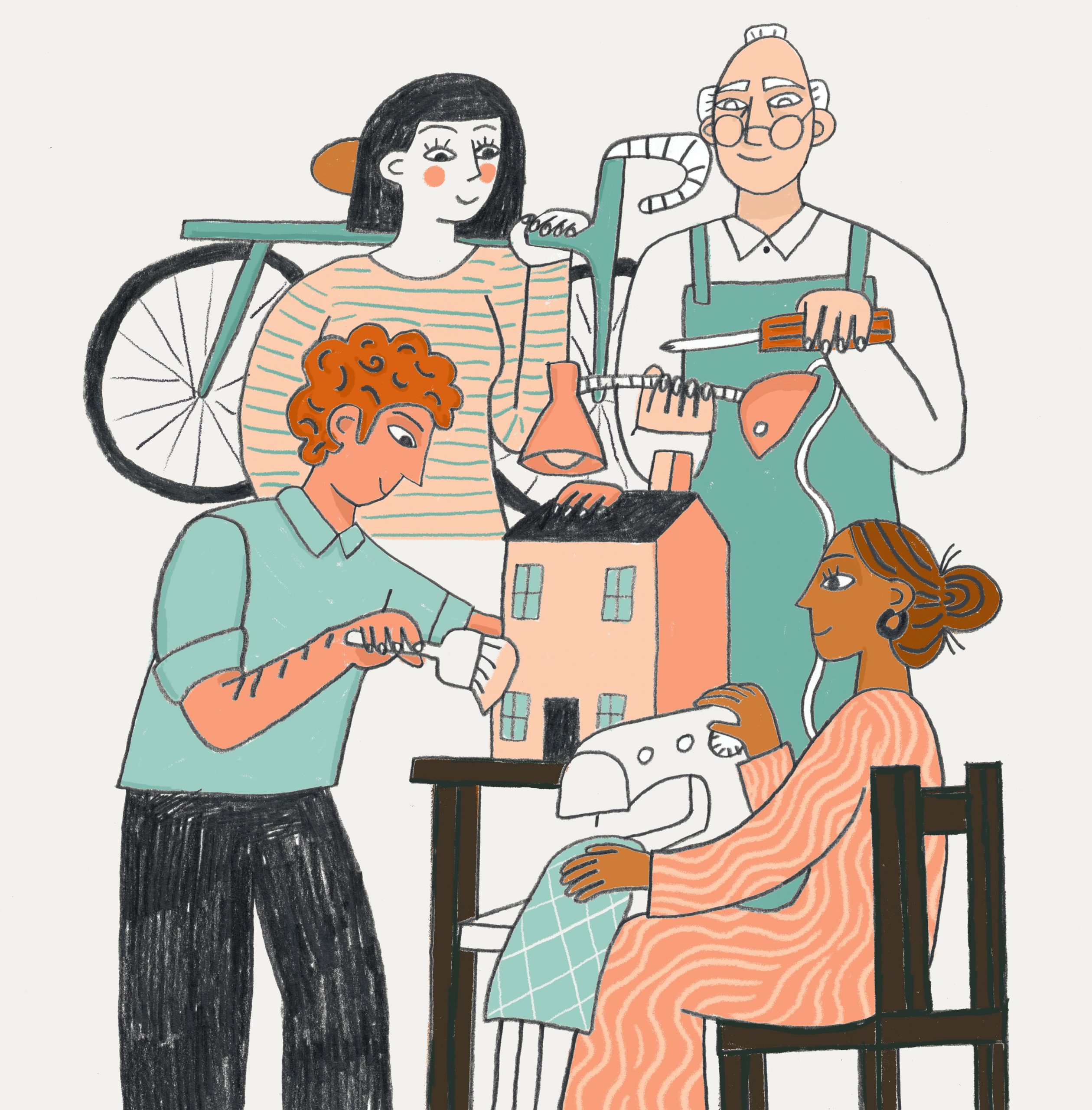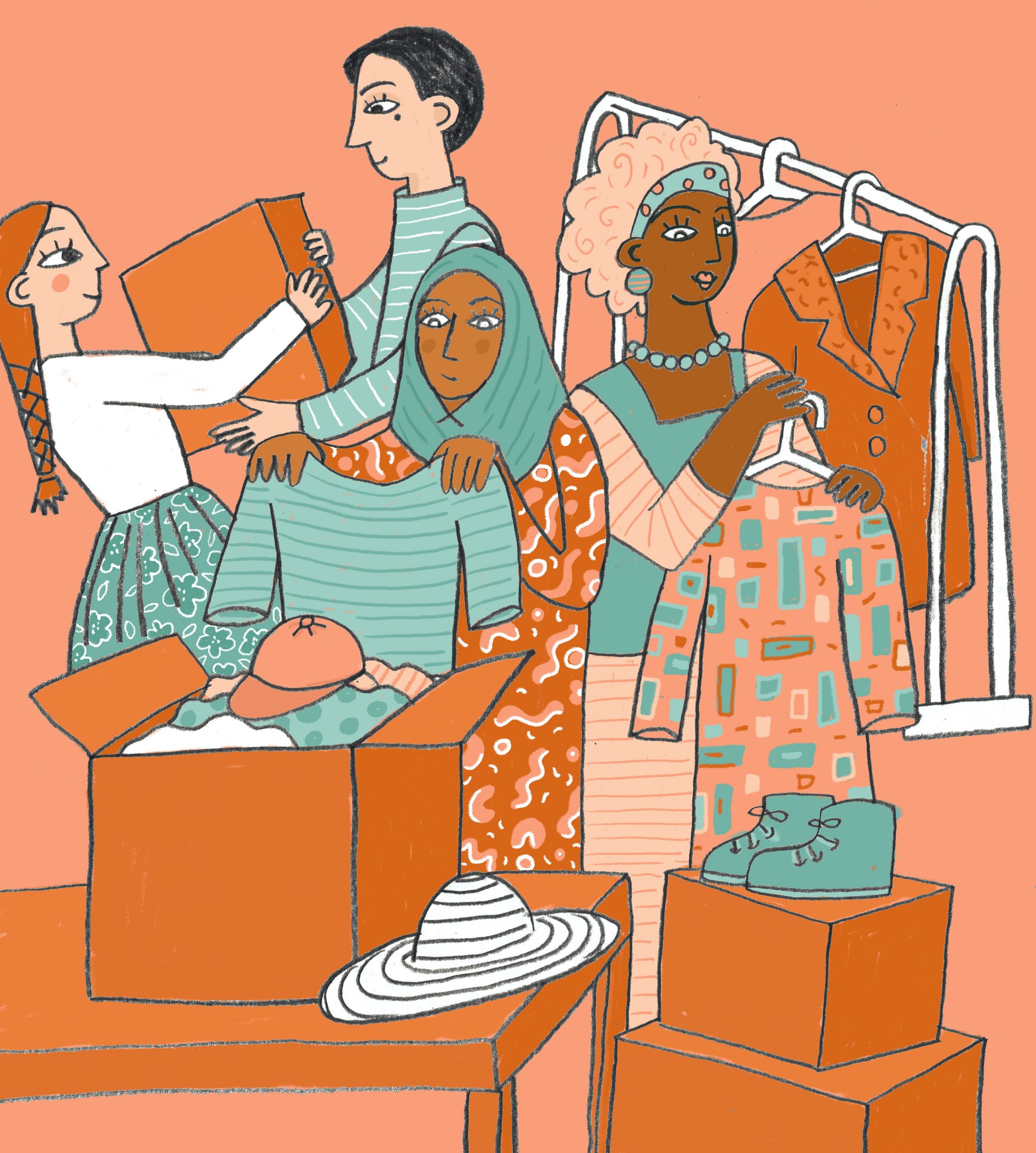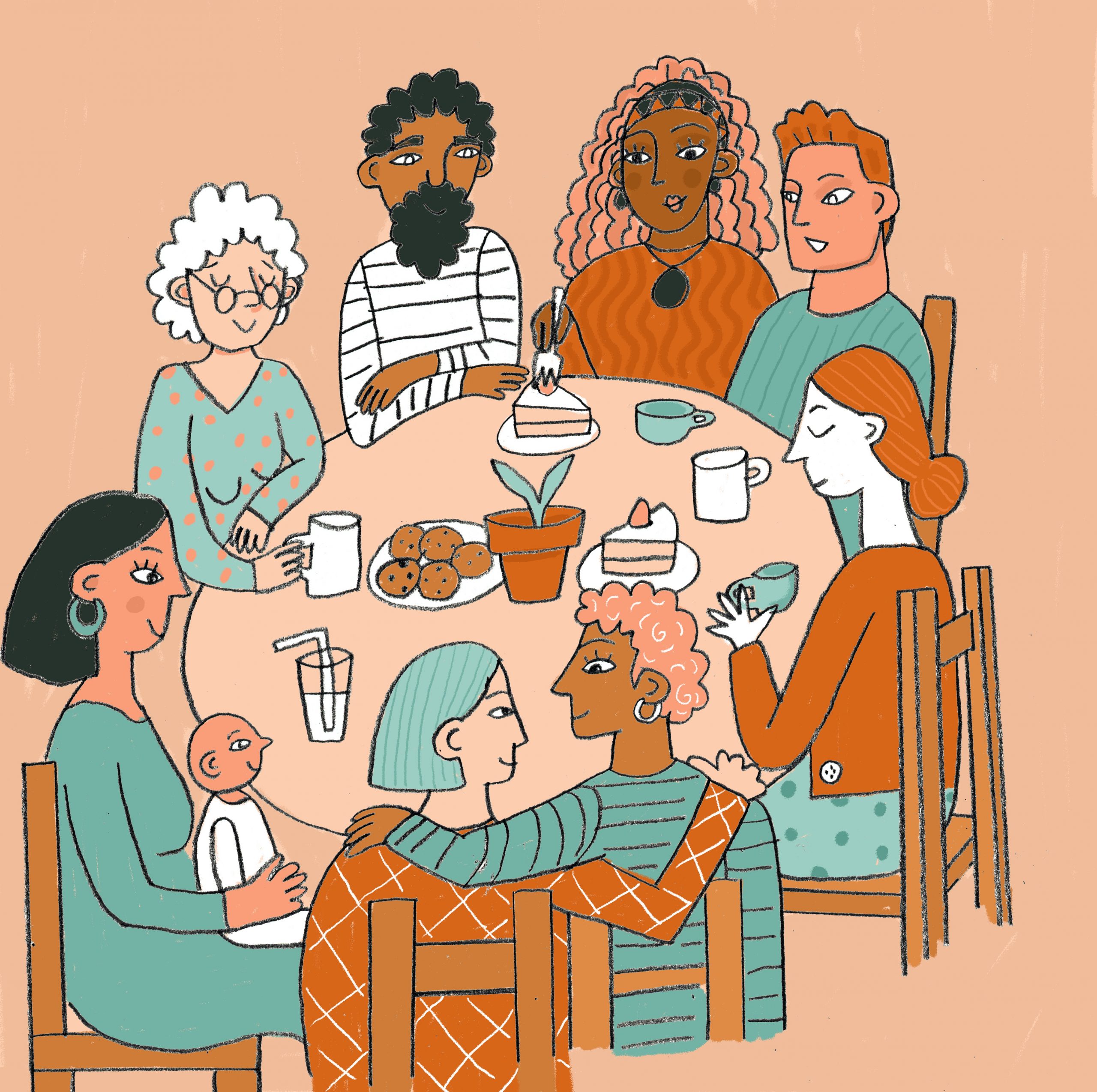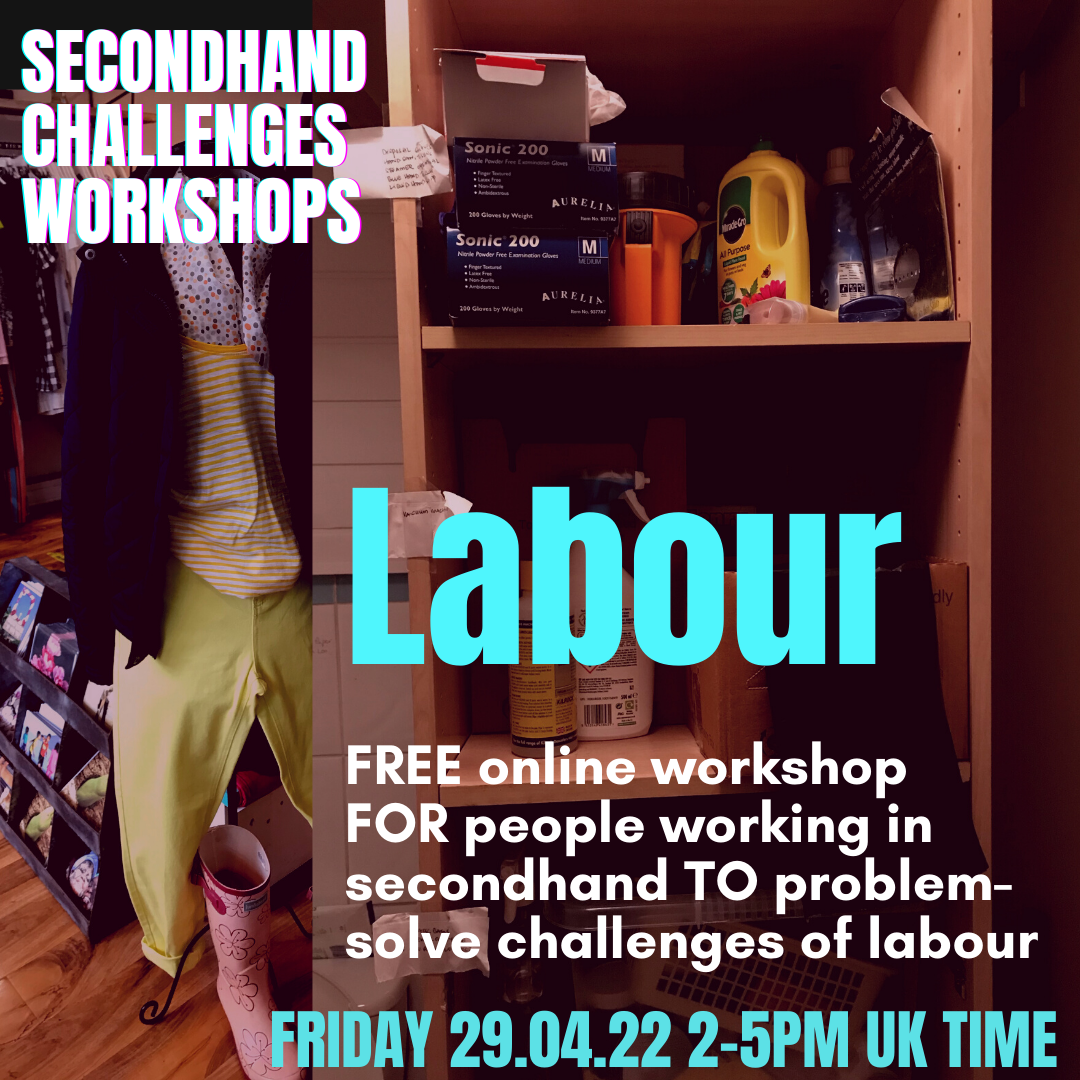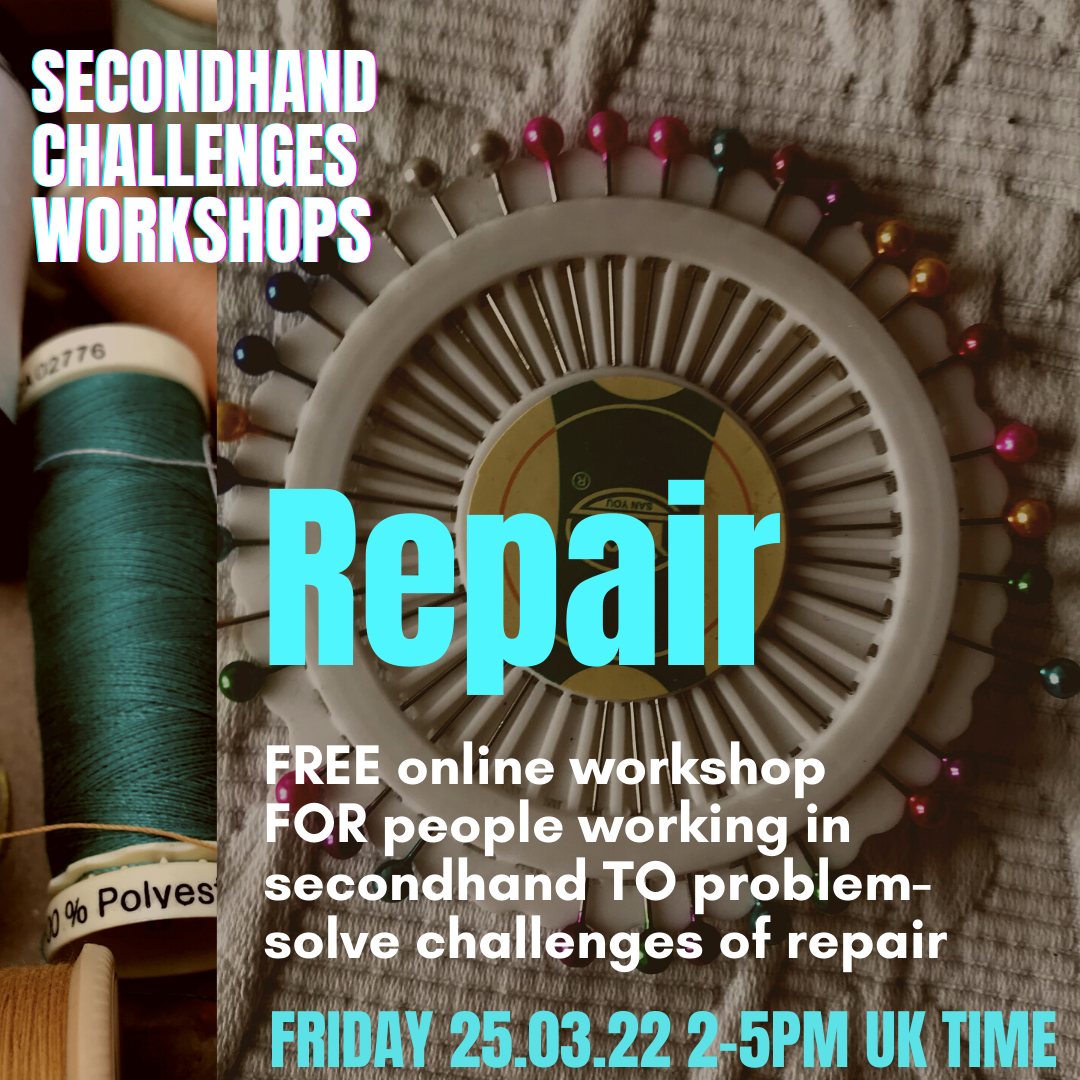Blog Post – By Emily West
As a research team we recently took ourselves on a tour of Cardiff’s second-hand stores including thrift shops, vintage stores, antique markets and a few charity shops, as a means of fieldwork to gather observational data on what these stores have to offer, who they are appealing to, and how they operate.
Walking around all the second-hand clothing stores in Cardiff there seemed to be a key similarity between them—other than the abundance of second-hand clothing, to state the obvious.
The similarity was how each store used music to amplify the space shoppers are in, albeit in different ways across stores.

Figure1. Sobeys’ Taylor Swift display. Source: Photo by author.
The first stop on our tour was Sobeys, an independent vintage and reworked clothing store located in the Royal Arcade. Even before entering the store, we were struck by the relationship Sobeys had to music and what demographic the store aimed to attract from that very relationship. We visited Sobeys on the 25th of June, 2024, exactly one week after Taylor Swift performed her Eras Tour in Cardiff’s Millennium Stadium.
Sobeys followed suit with other local businesses in “Tayloring” their storefront to commemorate the event, arguably in the most flashy and detail-oriented way compared to other stores taking part.
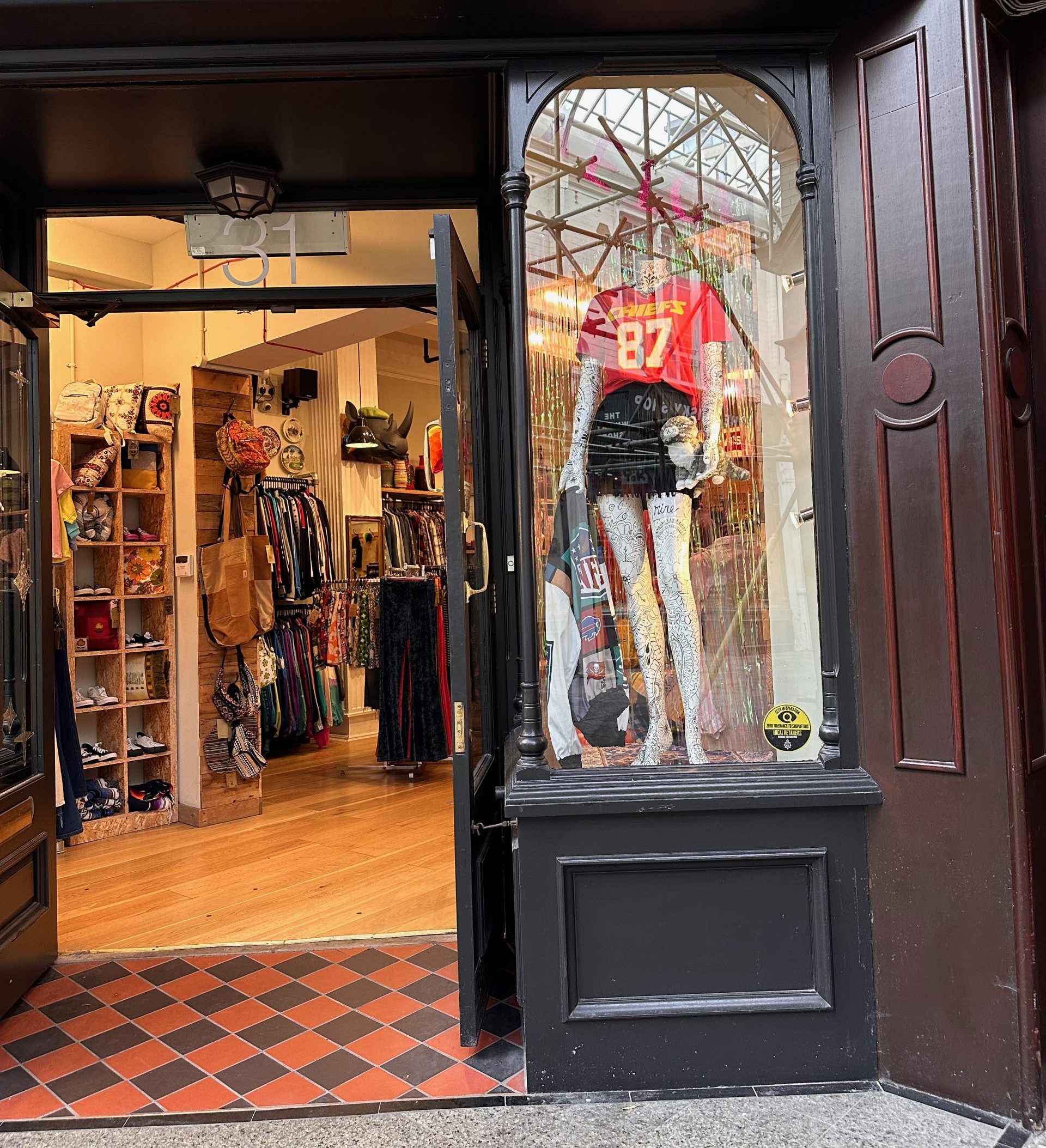
Figure 2. Sobeys’ Taylor Swift display. Source: Photo by research team.
The Taylor Swift storefront display was put up a few days before the concert and still remains to this day (3rd July) and includes a cardboard cutout of the star and many easter eggs relating to Swift’s song lyrics and lifestyle. References to her music include large window stickers with lyrics from her song Bejeweled, disco balls hanging from the ceiling referring to the song mirrorball, and a tattooed mannequin with her song title Mine seen in figure 1.
References to Swift’s lifestyle include a mannequin wearing a Kansas City Chiefs t-shirt, the NFL team Swift’s boyfriend Travis Kelce plays for, and the same mannequin holding a plushie cat reminiscent of Swift’s vocal love for her three cats, as seen in figure 2.
This storefront obviously acted as a means of marketing the store towards the influx of fans who visited the city for the concert, however it also created a space for Swift’s fans, known colloquially as Swifties, to act upon their fandom. The inside of the store was also catering to Swifties by blasting Swift’s music on the sound system throughout the day of her concert, further creating an atmosphere for fan engagement with second-hand shopping through the use of music. Sobeys further encouraged Swifties to visit their store by hosting a competition in which fans had to take a photo in front of the window display, post it on Instagram, and tag the store for the chance to win a £25 Sobeys shopping voucher, which worked as a form of free social media advertisement for the most part.
Sobeys’ relationship to music here is one of creating an experience for music fans with the store acting as an unofficial extension of the concert. For me, visiting the store now, especially while the Taylor Swift decor remains up, feels like walking into a time capsule, one that holds all the excitement, hopes, fan connections and memories of the day of Taylor’s concert. This is because Sobeys managed to perfectly capture that musical moment in time by putting so much detail into their storefront and making an event of the day.

Figure 3. Flamingos Vintage’s Taylor Swift display. Source: Photo by author
Sobeys was not the only second-hand store that “Taylored” their storefront for the Cardiff Eras Tour stop, in fact Flamingos Vintage, a vintage store located in the Capitol centre also changed their displays for the concert. Flamingos display was a lot more subtly referencing Swift, by having a table directly in front of the entrance filled with vintage clothing similar to that of Swift’s stage costumes herself. This took life in 3 mannequins wearing fringe dresses, an abundance of cowboy boots, and sequined tops, as seen in figure 3.
Once again this creates a space for fans to gather as they anticipate the concert they are about to see and uses this music fandom as a means of promoting second-hand shopping. Flamingos did not especially do this for Taylor Swift, in fact as I spoke to the shopkeeper, they told me that the store switches out the front table display for each big concert that comes to Cardiff, so the week prior to our visit they had a display for P!nk fans while she performed in the same venue as Swift.
Other vintage stores in Cardiff even more subtly adapt their store for music events like this, for example the day we visited Rokit, a chain vintage store located on Queens Street, Foo Fighters were performing in the Millennium Stadium: as a response to this, Rokit exclusively played Foo Fighters’ music on their sound system. Once again this showcases how vintage stores create spaces for music fans that act as an extension of the event and promote second-hand shopping.
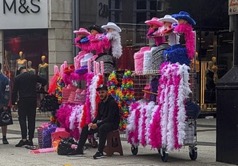 Figure 4. Stalls selling feather boas in Cardiff city centre. Source: Photo by author.
Figure 4. Stalls selling feather boas in Cardiff city centre. Source: Photo by author.
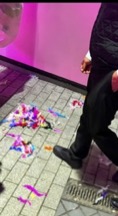
Figure 5. Feather boa waste on city floor. Source: Photo by author.
In my opinion the promotion of second-hand shopping to music fans is vital. I personally have a lot of concerns with current concert and festival outfit trends, particularly the lifecycle of these outfits. Walking around Cardiff on the day of Taylor’s concert I couldn’t help but notice the majority of outfits, while beautiful and fitting for the event, looked to be cheaply made sequined dresses and skirts. These looked more like mass produced fast-fashion and micro-trends, than anything that seemed to be bought second-hand.
The material of these clothes looked poor quality and like one offs for the concert, that would never be worn again. This is not unique to Swifties, in fact this type of concert dressing seems to be universal across the mainstream pop genre of music, and was especially visible at Harry Styles concerts, where it seemed to me as a fan myself like every other person was wearing a feather boa and psychedelic printed polyester flares.
There definitely seems to be a rise in this type of concert attire, which is always visible throughout Cardiff city centre on the days of pop concerts in the way that there are stalls selling faux feather boas and cowboy hats on every corner of the city, as seen in figure 4 . These artificial feather boas disperse non-biodegradable feathers across the city as seen in figure 5 and make their way into the river located next to the Millennium Stadium which can impact ecosystems.
Here then, it is interesting to me that the vintage stores in Cardiff are trying to appeal to music fans of these particular pop music demographics, when the majority of the fans seem to be wearing fast-fashion.
I think this method of creating spaces for such fans could act as a way of promoting second-hand shopping to such fans and hopefully open their eyes to a more ethical way of shopping for music events.
In particular for Sobeys display, I would hope that seeing this would showcase that you can find similar styles to Swifts’ own wardrobe second-hand and emphasise second-hand shopping as a viable alternative way of buying concert outfits in the future. This is especially the case in Sobeys due to their reworked vintage clothing being more trendy and feminine items of clothing, which may appeal more to a large proportion of Swifties, and can act to subvert any ideas that second-hand clothing is only old people’s clothes or more masculine streetwear.

